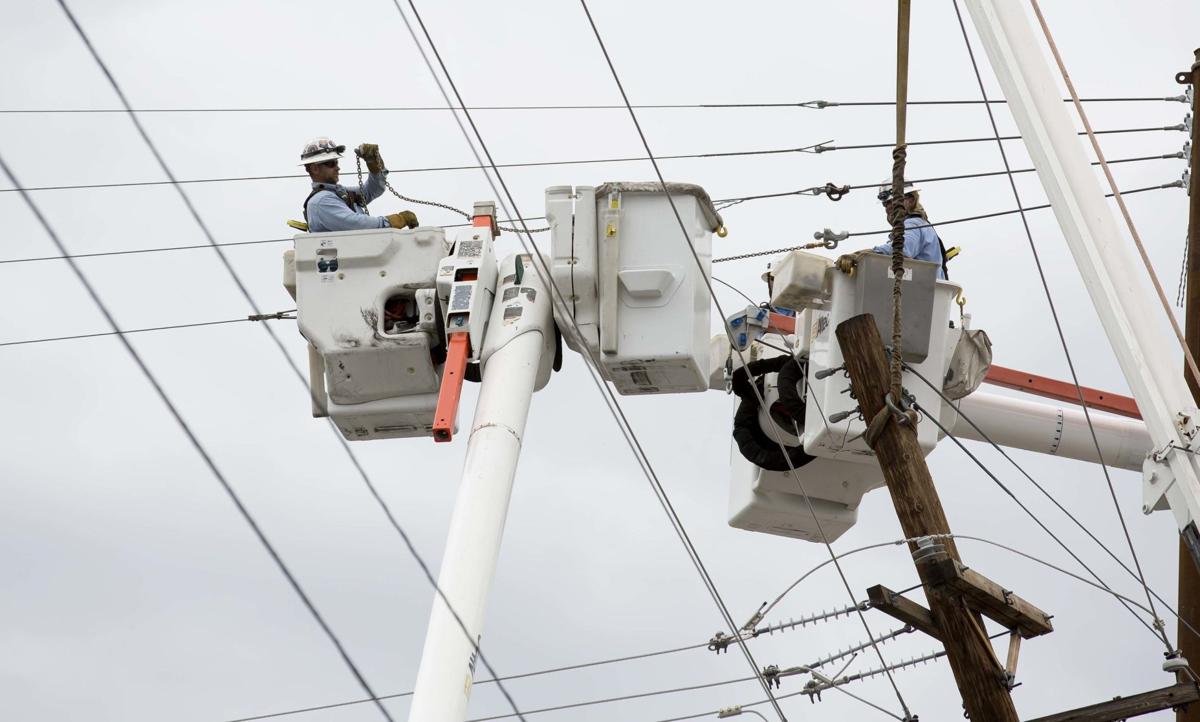More low-income УлшжжБВЅns will get help with their utility bills thanks to a recent infusion of $16.5 million in new federal funding from the Coronavirus Aid Relief and Economic Security Act.
Nine tribal governments also are getting about $1 million in new CARES Act funding for the Low-Income Home Energy Assistance Program (LIHEAP), a longstanding federal program that funds short-term utility-bill assistance to low-income households.
The new LIHEAP money is the stateтs share of $900 million in supplemental CARES Act funding released by the U.S. Department of Health and Human Services in mid-May.
УлшжжБВЅ Corporation Commission member Lea MУЁrquez Peterson urged low-income ratepayers to take advantage of the assistance, which is distributed by Pima County through partner agencies, including The Salvation Army, Chicanos Por La Causa and Interfaith Community Services.
People are also reading…
т(The) additional LIHEAP funds will significantly help УлшжжБВЅтs households in need during both the upcoming summer months and financial uncertainty surrounding COVID-19,т MУЁrquez Peterson said in announcing the new funding.
She said she was particularly glad to see new LIHEAP funding for the tribes, which includes more than $800,000 for the Navajo Nation, which has been hit hard by the pandemic.
Last fiscal year, УлшжжБВЅ got a total of $22 million in regular LIHEAP funding, with $4 million going to Pima County.
УлшжжБВЅ Electric Power, УлшжжБВЅ Water and other utilities have suspended disconnections for nonpayment, extended payment plans and increased contributions to low-income assistance programs to help ratepayers cope with financial losses during the pandemic.
TEP and its sister electric and gas utility, UniSource Energy Services, have contributed a combined $1 million to social service agencies to distribute for low-income energy assistance in their territories.
To qualify for LIHEAP payments, applicants must document that they meet income requirements. Priority is given to households with elderly members or children and people with disabilities or severe medical conditions.
Information on LIHEAP and other utility-assistance programs, including required documents and partner social-services agencies, is available at .
Contact senior reporter David Wichner at dwichner@tucson.com or 573-4181. On Twitter: @dwichner. On Facebook:










